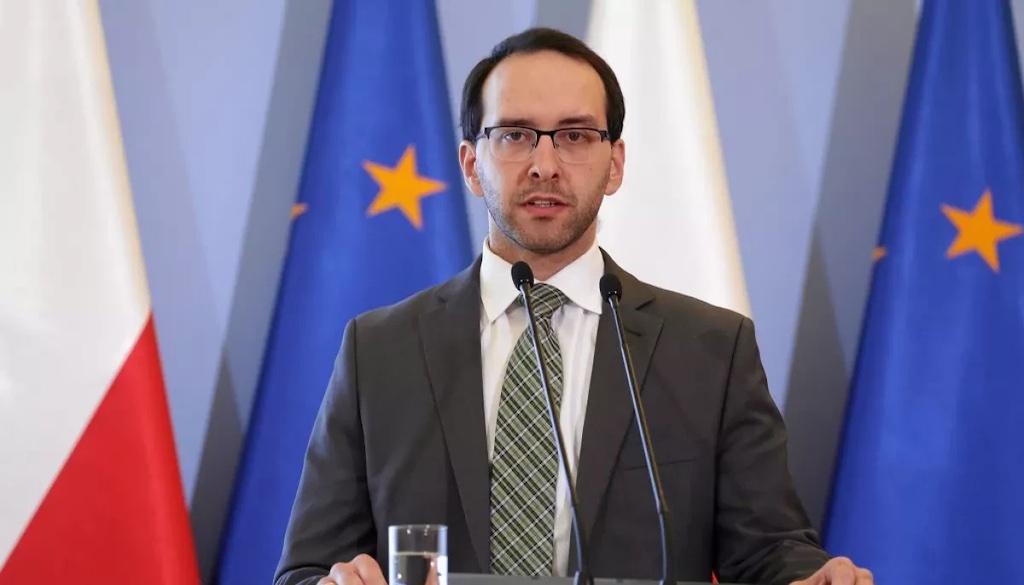Fabricated leaflets are being distributed among the population of the country, claiming that the Polish authorities are allegedly collecting data on Ukrainians for mobilization.
Stanisław Żaryn, the government Plenipotentiary for the Security of the Information Space of the Republic of Poland, warned at a press conference that a disinformation campaign discrediting refugees from Ukraine is underway in the country. This was reported by Euractiv.
According to Żaryn, Poland has already recorded cases when Poles received fabricated emails, and proclamations and leaflets were distributed on the streets. They said that the Department of International Affairs and Migration of the Ministry of Internal Affairs and the Office for Foreigners were supposed to collect information about Ukrainian refugees in Poland.
“The content of these proclamations, which are clearly fabricated letters, is a suggestion that the Polish state collects data on Ukrainians who live in Poland permanently. Such a suggestion comes from these contents, that Poland is preparing a database for (…) a future mobilization action, which is supposed to be conducted in Poland,” the politician explained.
Similar information campaigns are also taking place in Ukraine and Lithuania. Stanisław Żaryn suggests that they may be linked to Russia.
“This is clearly a suggestion from the Russian side, which is part of various campaigns calculated to provoke mutual hostility between Ukrainians and the societies in the countries where they currently reside,” the politician said.
According to the politician, Poland is only experiencing the first stages of a more serious international campaign that may involve several Western countries.
Earlier, Stanisław Żaryn tweeted that an information campaign has recently intensified in the country to discourage Poles from helping Ukraine.
According to him, the propaganda message is focused on promoting the idea that Ukrainians pose a threat to Polish society.
Russian propaganda is also trying to create fear of a nuclear disaster, energy crises, or food shortages, slander countries that support Ukraine, and question Poland’s military, financial, and humanitarian support for Ukraine.
We hope that the Polish authorities will take an interest in this new coordinated Russian information operation. After all, it is obvious that pro-Russian and anti-Ukrainian narratives in Europe are useful to Russia. But it is more important to find out who exactly stands behind and how this new information attack is being carried out: through what communication channels, by whom (the infamous Russian bot farms from Olgino or military units of psychological influence), whether agents of influence among Poles were used, etc.
Image: Sławomir Kamiński / Agencja Wyborcza.pl

